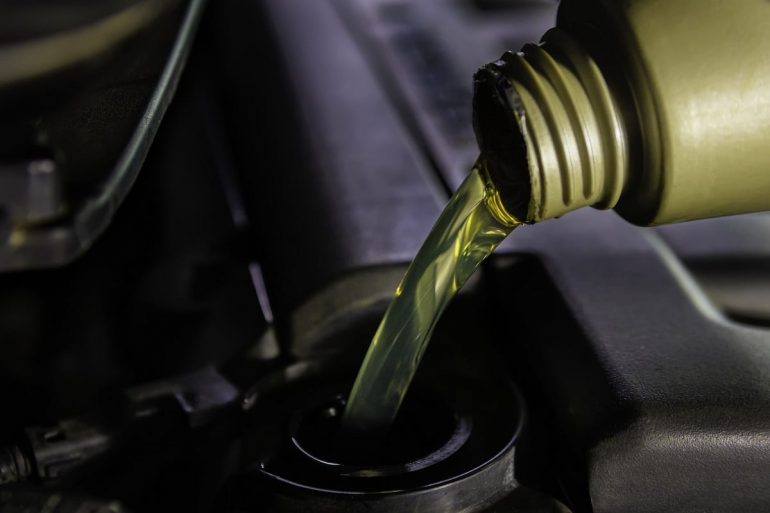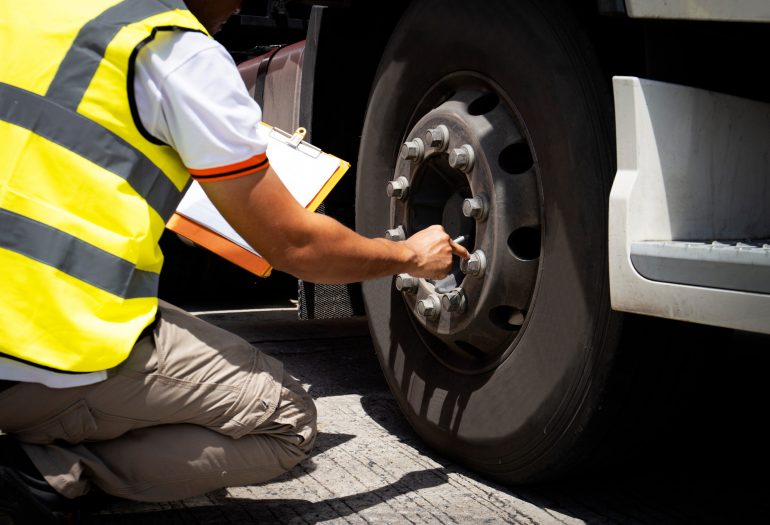Everyone knows that getting the most out of a truck means showing it some love beyond the occasional gas station stop. A truck is more than metal on wheels – it’s a trusty road warrior, sometimes a hauling buddy, and maybe even your office on wheels.
Keeping it in good shape isn’t rocket science; it’s about knowing a few tricks. You don’t need to be a mechanic to pull it off; a few hacks here and there can keep you on the road longer. Let’s roll into the simple steps that will help keep your ride happy and healthy.
Key Points
- Check the oil regularly.
- Clean the battery terminals.
- Rotate the tires for even wear.
- Keep the filters fresh.
- Inspect brake pads frequently.
1. Keep Up with Oil Changes

Oil is the lifeblood of your truck, keeping the engine from grinding itself to pieces. Skipping an oil change is like signing up for early engine failure. Think of oil as the coffee that keeps your engine awake and alert. It stops friction and keeps parts moving smoothly. Changing the oil when it’s dirty or low is a cheap way to avoid bigger expenses.
2. Give the Battery Some Attention
Few things are as frustrating as a dead battery. Every driver has been there. Battery terminals collect grime over time, and that muck can slow down the flow of power. If you’re not cleaning them, you’re just asking for an unexpected breakdown. Use a wire brush to clean the terminals now and then, ensuring they stay free of corrosion.
Also, a quick reminder: EverTrust parts has replacement batteries if you’re ever in need, and their quality never disappoints.
3. Rotate the Tires
Tire rotation isn’t just for sports cars. Trucks, especially, need this attention because they carry more weight, which can wear tires unevenly. If you’re driving the same route every day or carrying heavy loads, some tires will wear faster than others. Rotating them regularly gives them a longer life. Plus, it’s safer. Swapping them around spreads the work evenly, ensuring each tire wears at a similar rate.
4. Inspect the Brakes

Brakes are essential. They’re not only for sudden stops but for keeping you safe in daily traffic. Ignoring them is a surefire way to end up with expensive repair costs – or worse. Brake pads don’t last forever. They thin out over time, especially if you’re hauling or towing. Regular checks mean you catch problems early, so you won’t have to replace more expensive parts like rotors.
Steps for Checking Your Brakes
- Press down on the brake pedal. It should feel firm, not spongy.
- Listen for squealing. Noises mean the pads are wearing out.
- Check the brake fluid level and top it off if needed.
5. Don’t Forget the Filters
Engines need to breathe, too. Air filters catch all kinds of dirt and debris that would otherwise clog up your engine, keeping your truck running smoothly. A dirty filter makes the engine work harder, lowering efficiency and potentially leading to costly repairs. Air filters and fuel filters should both get attention. Swap them when you feel performance dropping, or stick to the recommended schedule in your manual.
6. Watch the Cooling System

Engines get hot, and it’s the cooling system’s job to keep that heat in check. Overheating can ruin an engine. Coolant needs to be topped up, and the radiator should stay free of debris. A little cleaning here and there and keeping the coolant at the right level will avoid costly engine damage down the line.
Cooling System Checkpoints
- Inspect the coolant level when the engine is cool.
- Check the radiator for visible blockages.
- Flush the coolant system every two years to prevent clogs.
7. Take Care of the Belts and Hoses
Belts and hoses handle a lot of wear and tear under the hood. Belts manage engine parts like the alternator, while hoses carry fluids. Both should stay flexible and free of cracks. Old, brittle belts snap when you least expect it. Checking them takes a few minutes and spares you from roadside surprises.
8. Avoid Overloading

Every truck has a limit. Overloading adds unnecessary strain, especially to the suspension and tires. Sticking to the recommended weight means avoiding premature wear. When in doubt, double-check the load capacity in the manual. It’s there for a reason.
9. Regular Checkups with a Professional
Sometimes, it’s worth having a pro take a look. A trained eye catches small issues before they grow into big headaches. A routine inspection covers all the basics, from brakes to suspension. Regular checkups mean less trouble later.
10. Clean Inside and Out

A clean truck isn’t just about appearance. Dirt and grime can eat away at the paint, promoting rust. Inside, clutter damages upholstery and messes with the electronics. Keeping it clean is about protecting your investment, inside and out.
FAQ
Q: How often should I check the oil?
A: Check it every 3,000 miles or at least once a month. Low or dirty oil means it’s time for a change.
Q: What are signs of a failing battery?
A: Dim lights, slow start-ups, or a clicking sound when turning the key often point to a dying battery.
Q: Is tire rotation necessary if I only drive short distances?
A: Yes, even short trips create uneven wear over time. Rotating the tires spreads out the workload, keeping them fresh longer.
Q: How do I know if my brake pads need replacing?
A: Listen for squeaking or grinding sounds, and watch for a soft brake pedal. Both suggest the pads are thin.
Q: When should I replace air filters?
A: Replace them every 12,000 to 15,000 miles or whenever you notice a drop in engine performance.
Wrapping It Up
Maintaining a truck might feel like a chore, but it’s easier than facing hefty repair bills. A little care keeps your truck on the road and ready for whatever you throw at it. Follow these tips, and you’ll be cruising comfortably for miles.

